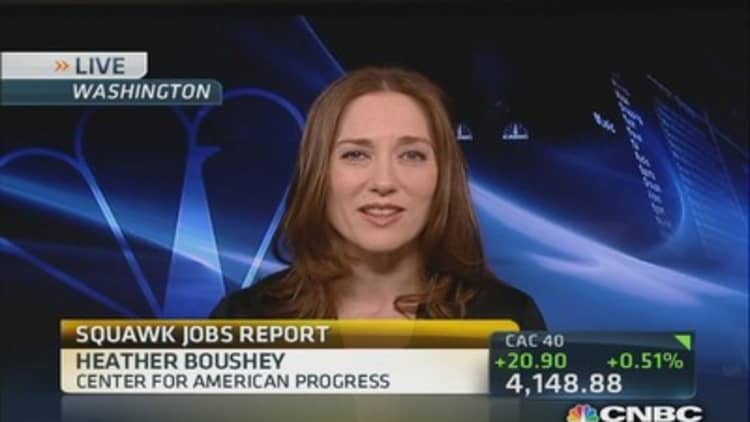The four-day-old federal government shutdown is already being felt by the auto industry and the impact could force manufacturers, among other things to delay the launch of some of their newest vehicles.
The highly politicized budget impasse has forced about 800,000 federal workers to be furloughed, halting many services described as "nonessential." But that could be a matter of debate to the auto industry.
(Read more: Despite shutdown, US debt downgrade unlikely: S&P)
Among those services currently on hold are Environmental Protection Agency (EPA) testing programs used to determine the mileage ratings of new vehicles as well as field crash tests by the National Highway Traffic Safety Administration (NHTSA).
That could cause headaches as the investigation continues into precisely why a Tesla Model S battery car caught fire earlier this week in a Seattle suburb. Normally NHTSA researchers would be working alongside Tesla investigators to determine the cause of what has been tentatively blamed on road debris puncturing part of the sedan's 85 kilowatt-hour battery pack.
(More from The Detroit Bureau: Tesla fire gives chills to investors)
In turn, were the government to discover a serious flaw in the Model S design, that might lead to a recall or other service action.

Other government crash test programs are also expected to be delayed, though it's unclear if that would impact the development or introduction of any new products due to come to market in the near future.
(Read more: Buffett speaks out against DC's 'extreme idiocy')
But the NHTSA has been forced to put a hold on vehicle recalls. That arguably could be a life-threatening matter if it means that any critical vehicle safety issues—such as faulty brakes, defective airbags or some other severe defect—were to go unresolved for any extended length of time.
(More from The Detroit Bureau: Porsche charged up about first plug-in hybrid)
Uncertainty also hangs over the EPA's fuel economy program. An EPA rating is required on the so-called Munroney" window stickers found on every new car sold in the U.S. And often, the testing required for those stickers is completed just shortly before a vehicle launches sales.
Because of the number of new products now being introduced each year, the EPA only tests between 10 percent and 15 percent of all new vehicles, with manufacturers expected to handle the rest, but the government still reviews the test results before giving an automaker approval to use the resulting numbers.
(More from The Detroit Bureau: Hyundai's 'unprecedented decision')
Without that sign-off, it's unclear whether new 2014 products that have yet to get certification will be able to be sold. They might be forced to sit in showrooms indefinitely, if the federal shutdown drags on, with dealers unable to put those products on sale.
—By CNBC Contributor Paul A. Eisenstein. Follow him on Twitter @DetroitBureau or at thedetroitbureau.com.

